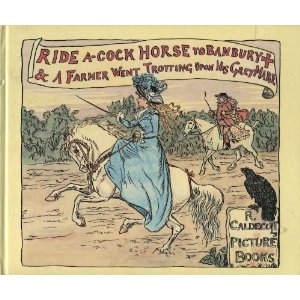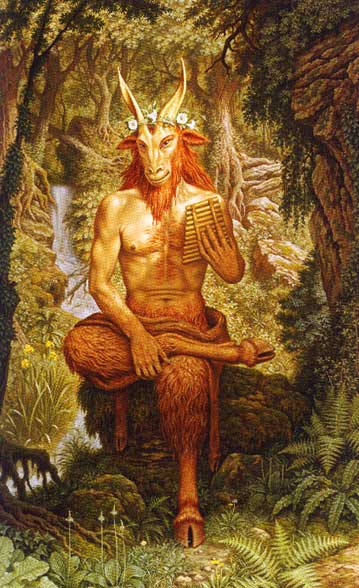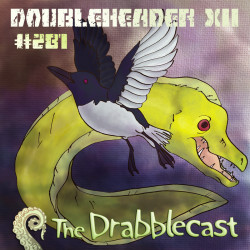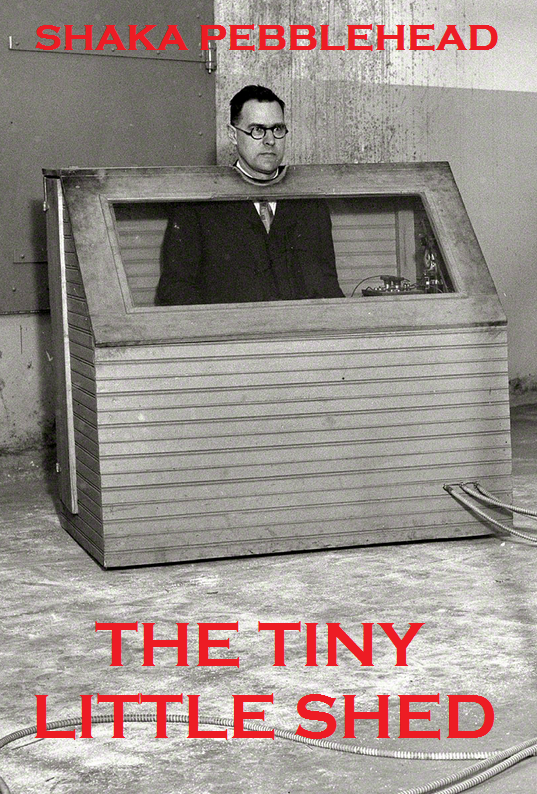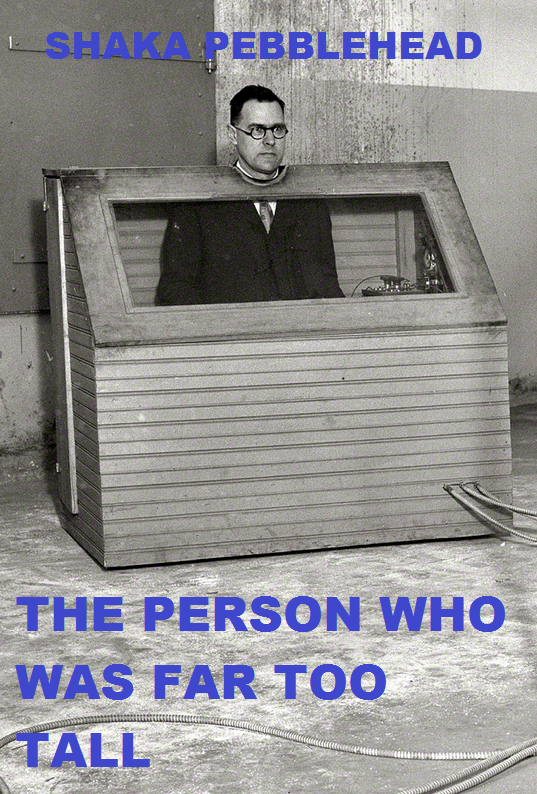Hooba Nooba Hoo! Bent Cronje!
He forded the Ack and he slew our foes!
He lopped off their heads and stuck them on spikes!
With his bevelled sword he slew and slew!
Now we carry his bones to their resting-place
In the palace on the hill under a cloud of crows!
But the mighty Bent Cronje will never die!
He is reborn daily as a bird!
This is a translation – and not a very good one – of the so-called Bent Cronje Song, commemorating Bent Cronje, the ancient hero who saved the town of Scroonhoonpooge from attack by the forces of Git, the “King-across-the-Ack”. Its chief interest, for historians, is the mention of the palace on the hill. Where in the name of heaven was this palace? There are no hills anywhere near Scroonhoonpooge. The land thereabouts is flat for as far as the eye can see, and indeed much of it is boggy and marshy and empuddled.
If the site could be located, it would be possible to have a dig, with spades, to see if there are any bones buried there. The presence of bones would not necessarily prove the historical existence of Bent Cronje himself, of course, but it would give scholars something to mull over. As things stand, all we know of Bent Cronje is his song and a shield – much battered and dented and rusty – kept in a glass case in the vestibule of Scroonhoonpooge Almshouse. It is said, according to the hand-written card stuck next to it, to be Bent Cronje’s shield, which he carried with him as he forded the Ack and lopped the heads off Git’s army. The provenance of the adjacent piece of cardboard is dubious, with some claiming it only appeared in the glass case last Thursday. If that is true, Bent Cronje’s shield might be any old scrap of battered and dented and rusty metal dug out of a pit somewhere in the vicinity. It might not even be a shield.
Whereas the historians are stymied until such time as they can find the location of the palace, not so the ornithologists. Unsurprisingly, quite a number of bird experts get in a flap about the idea that Bent Cronje is “reborn daily” as a bird. There are competing theories. One strand of thought is that the soul or essence of Bent Cronje is present in a new hatchling every day, implying that over the centuries untold thousands of birds have actually been Bent Cronje simultaneously. Against this, some argue that there is but a single soul or essence which somehow flits from bird to bird by a process we puny humans cannot hope to comprehend.
There was a fad, a few years ago, for Bent Cronje bird seances. A bird would be trapped and encaged and brought to a darkened room and the cage placed in the centre of a round table, Various spiritually-minded ornithologists would be seated around the table, and they would attempt to elicit from the bird some indication that it was the living embodiment, for that day at least, of the legendary hero. The process usually involved rapping noises, sudden chills in the room temperature, and the spewing of ectoplasm. No definitive Bent Cronje bird was ever identified, which is hardly surprising when one considers the foolishness of such behaviour.
My own view is that someone ought to study very carefully that translation of the song. I suspect it is woefully inaccurate, and that the words Bent and Cronje and Ack and foes and lopped and heads and stuck and spikes and bevelled and sword and slew and bones and resting-place and palace and hill and crows and reborn and daily and bird are all wrong. It would be immeasurably helpful if we knew from what language it has been translated.

